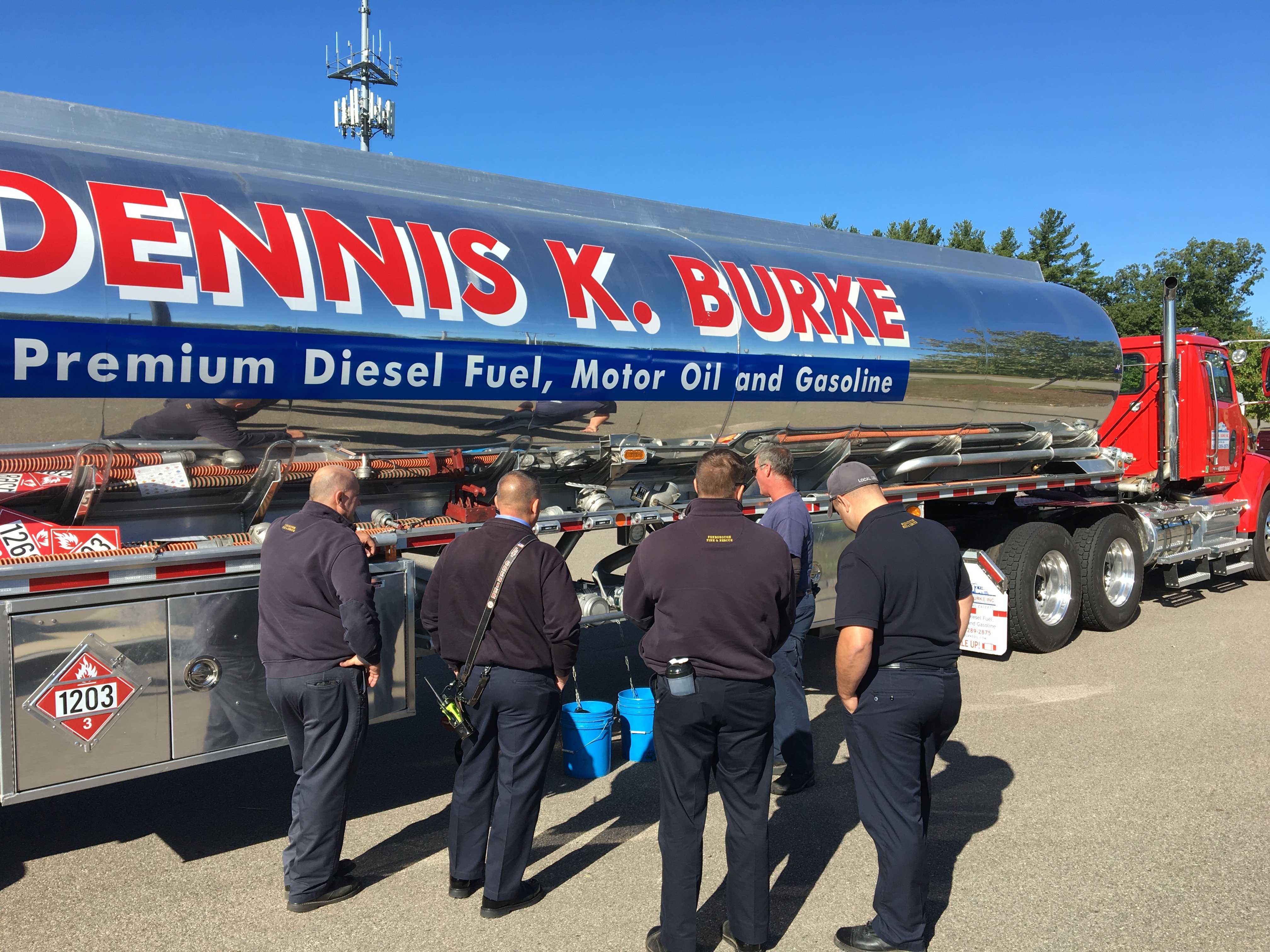Fuel Tank Maintenance: Ensuring Longevity & Safety
-1.png)
Fuel tanks play a pivotal role in various industries, providing the necessary storage for liquid energy sources. To guarantee their longevity and ensure the safety of both the storage facility and the environment, proper maintenance is paramount. Here are some crucial tips for the routine upkeep of fuel tanks:
- Regular Inspection Routine: Initiate a consistent and comprehensive inspection routine for your fuel tanks. Regular visual checks can help identify potential issues such as rust, corrosion, or leaks. Pay close attention to seams, joints, and any external signs of wear and tear. Catching problems early on can prevent costly repairs and mitigate the risk of fuel spills.
- Tank Cleaning: Over time, sediment, water, and other contaminants can accumulate at the bottom of fuel tanks, compromising fuel quality and leading to corrosion. Regular cleaning is essential to remove these impurities. Consider scheduling professional tank cleaning services to ensure a thorough and efficient process.
- Fuel Quality Monitoring: Invest in a fuel quality monitoring system to assess the condition of the stored fuel. Regularly test for water content, microbial growth, and particulate matter. Addressing fuel quality issues promptly not only ensures optimal engine performance but also protects the tank from corrosion caused by contaminants.
- Protective Coatings: Implement a proactive approach to corrosion prevention by applying suitable protective coatings to the tank's exterior. This is particularly important in regions where exposure to harsh weather conditions or corrosive substances is prevalent. A well-maintained coating acts as a barrier, extending the lifespan of the tank.
- Leak Detection Systems: Install advanced leak detection systems to identify and address potential leaks before they escalate. These systems can provide real-time alerts, allowing for swift intervention and preventing environmental damage or safety hazards.
- Ventilation & Pressure Control: Ensure proper ventilation to prevent the buildup of pressure inside the tank. Excessive pressure can lead to structural damage or leaks. Implement pressure relief valves and regularly inspect them to ensure they are functioning correctly.
- Documentation & Compliance: Maintain detailed records of all maintenance activities and inspections. This documentation is not only crucial for tracking the tank's condition but also for compliance with industry regulations. Regularly review and update maintenance procedures to align with the latest safety standards.
- Professional Maintenance Services: Engage qualified professionals for periodic maintenance and inspections. These experts possess the knowledge and skills to identify issues that might go unnoticed during routine checks. Their expertise ensures that your fuel tank remains in optimal condition.
By prioritizing proper maintenance, you not only extend the life of your fuel tank but also contribute to a safer and more sustainable operation. Regular attention to these key maintenance aspects safeguards the integrity of the tank and promotes the responsible storage and use of vital energy resources.


